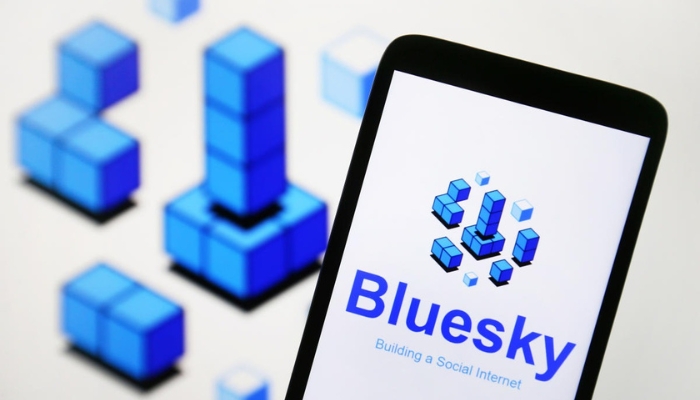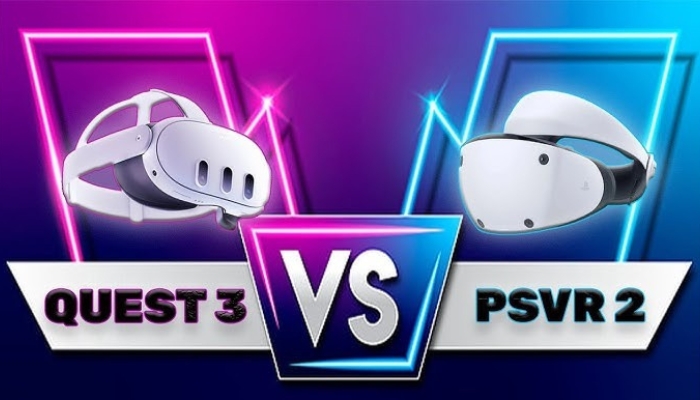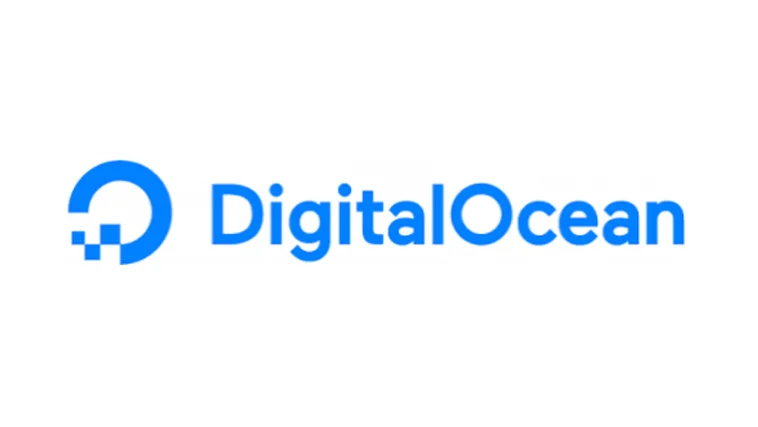
Last updated on April 4th, 2024 at 06:59 am
After a year in invite-only beta, the new social network is now open to everyone. Whether users will choose to stay is uncertain
Bluesky recently opened its doors to the public. After a year in an invite-only closed beta, anyone can now sign up for an account with just an email address.
Although the value of an invitation had somewhat diminished in recent months (I have five unused invitations, despite my attempts), there was clearly a pent-up demand. In just two days, the service has seen over a million new signups. To put this into perspective, Bluesky took more than three months from the release of its iOS app last February to reach 70,000 users.
This slow growth has been both a blessing and a curse for Bluesky. On one hand, the beta phase has been beneficial, allowing the company to refine its service based on feedback from a smaller, yet dedicated, user base.
Over the past year, Bluesky has developed a set of moderation tools that support its “decentralized” social networking approach, where users can choose to opt in or out of content such as nudity, violence, and hate speech. It has launched on Android and the web, and has established a cohesive visual identity, symbolized by a butterfly akin to Twitter’s bird. In contrast, Elon Musk’s site has altered its visual identity, replacing some, but not all, Twitter branding with a double-struck 𝕏.
However, the gradual growth also meant that Bluesky did not experience a significant surge in popularity. Over the past year, I’ve commonly heard from new users a mix of excitement at gaining access to the service followed by the disappointment of finding less content compared to Twitter at its peak.
Sometimes, this is a matter of memory. A Bluesky feed with 50 users will naturally be less active than a Twitter feed with 500 followers. The days when everyone followed could fit on a double-decker bus are long gone for many power users of Twitter. Many longtime Twitter users may not recall what it was like to have a quiet feed or the need to find new people to follow. These factors can lead people to lose interest in a new social network like Bluesky, just as they caused many to struggle when first signing up for Twitter.
This is why the “people you may know” feature on Facebook is so effective: the social network has always understood that the biggest challenge is not getting someone to sign up, but getting them to follow enough other users to keep them engaged.
Even if you put in the effort to build up a Bluesky account with a reasonably full address book, the service can’t match the fond memories of Twitter at its peak. It may provide a similar experience, enough to curb the longing for the real thing, but it lacks the allure to keep you coming back for more. You make a post; no one responds; you log off and go outside.
All of this discussion pertains to Bluesky as a budding social network. However, the company does not view it that way. Chief executive Jay Graber gave several interviews to commemorate the grand opening. Here she is speaking to Wired:
We didn’t use invites to create exclusivity. Instead, we used them to control growth while we developed the foundation—the framework—for this new distributed network.
We had to construct the underlying app protocol for Bluesky, called the AT Protocol, which allows various developers, companies, or individuals to come in and customize their experiences. Some of these features will be introduced soon.
When completed, Bluesky aims to strike a balance between being a direct replacement for Twitter and a fully decentralized service like Mastodon, which is one of the three major social networks that emerged after Twitter. Similar to Mastodon, the technology behind Bluesky should eventually enable your account to exist independently of the company that created it. However, unlike Mastodon, Bluesky is less focused on highlighting the technological differences between itself and Twitter. The majority of users are expected to continue using the official app and service for the foreseeable future.
Then there’s Threads, Meta’s Twitter-like platform, which is undoubtedly the largest of the three in terms of user count alone. However, it has made little impact on wider culture. The platform’s policy of suppressing political content, which prevents it from receiving algorithmic promotion according to Threads’ platform safety policies, adds to this. There are parallels here with earlier periods of online culture: Twitter dominated discussions despite having a fraction of Facebook’s user base, and TikTok does the same despite YouTube having significantly more users.
Elizabeth Lopatto, writing for The Verge, described the disconnect so accurately that I feel compelled to quote her extensively:
The majority of users on successful text-based social media platforms are lurkers. These individuals lead ordinary lives and are not seeking attention or building a business. In contrast, influencers are focused on creating content and growing their online presence. Commenters aim to engage in meaningful conversations, even if their attempts are sometimes misguided. Reply guys, a specific subgroup of commenters, often interact with or on behalf of favored internet users. Lastly, posters, also known as poasters, are essential for the functioning of any social network.
The challenge facing all Twitter alternatives is the imbalance in user types. Threads boasts a large user base, but its users primarily consist of lurkers and influencers. Similar to being part of the audience at a Marvel movie, you may consume professionally produced content, but you’re unlikely to form lasting memories.
For the past year, Bluesky has been dominated by posters, isolated in a room with each other, lacking much of the dopamine needed to sustain their frenetic energy. On the other hand, Mastodon is a community of commenters and reply guys, decentralized to the extent that it’s possible to have pleasant conversations, but challenging to identify a coherent discussion emerging from within.
Therefore, opening up Bluesky could be the initial step in restoring this balance. Posters cannot thrive solely on interacting with other posters. They—meaning all of us—also need lurkers. Join us, or we’ll be forced to step away from the screen and engage with the real world.




